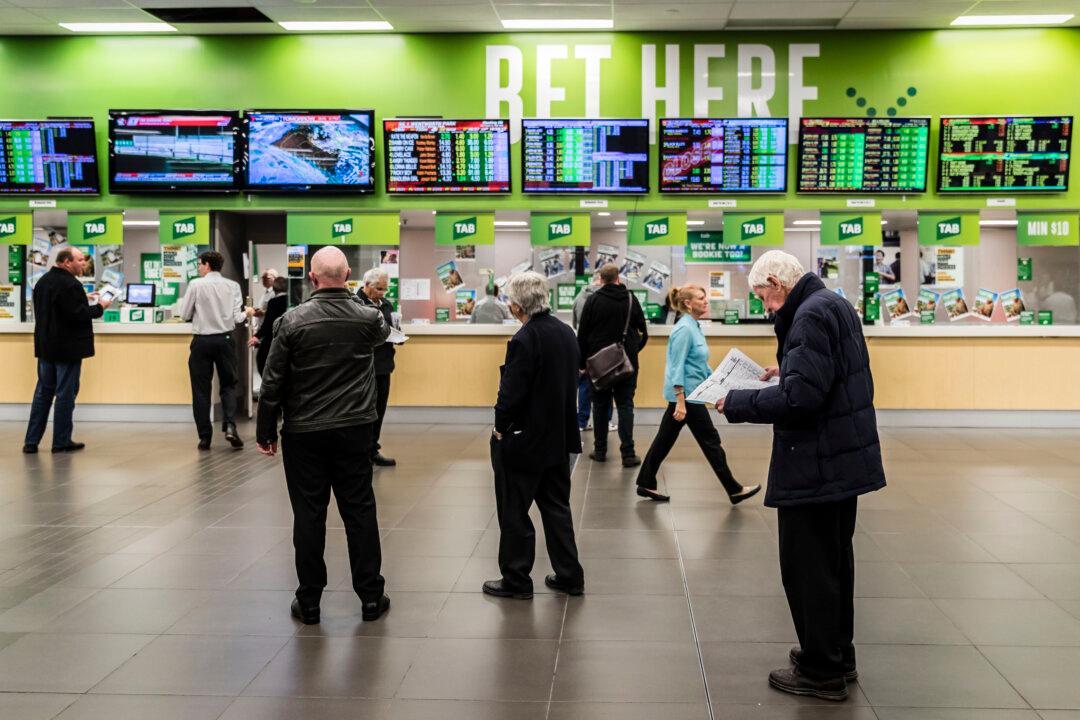New Australian government research has shown that gambling is becoming an even more common activity in Australia, renewing concerns about gambling harm amid rising cost of living pressures.
According to a report by the Australian Gambling Research Centre, almost three in four Australian adults (73 percent) have gambled at least once in the past 12 months, with 38 percent engaged in gambling at least weekly.





